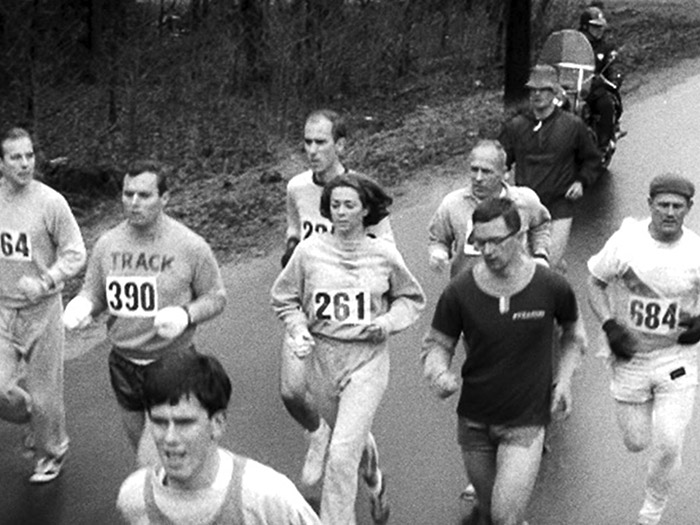LIFESTYLE
Women and the Olympics
A historic battle
Joyce Najm
26-September-2016

Rugby, Wrestling, Boxing, Swimming... about 4700 women participate in the Rio Olympics in 2016. However, sports have often been dominated by masculine values and the participation of women in the Olympic Games has long been frowned upon. Women's access to the Olympics has therefore been a long struggle that lasted decades. In the ancient times, not only were women absent from Olympic Games competitions but also from stadiums as spectators.
Pierre de Coubertin, founder of the International Olympic Committee, of which he was president from 1896 to 1925, is the inventor and the reviver of the Olympic Games of the modern era. He was described as misogynistic because of his hostility to women's participation in the Olympics: "Women are not made to fight, they're made to procreate." He refuses the idea of women appearing in public and believes that "it's indecent that spectators are exposed to the risk that the body of a woman might shatter before their eyes. In addition, regardless of the difficulty of the sport, a woman's body isn't made to withstand some shocks." Fortunately, the International Olympic Committee has since distanced itself from the ideas of Baron de Coubertin. In 1900, women participated for the first time in the competition. 22 women out of 997 athletes participated in some disciplines considered masculine. The first female gold medal in the history of the Games was given to British tennis player Charlotte Cooper.
Today, women represent 45% of the 11,500 athletes competing in the Olympics, but they're still not immune to vulgar, sexist and obscurantist media coverage. It will take time for society to consider women as full-fledged athletes.
Recommended

SĀN Beach Returns with Soulful Morning Retreats in Dubai
15-April-2025

Batroun, Where History Meets the Best Beach Resorts in Lebanon
15-April-2025

A Taste of Sakura Season at Hilton Yas Island Abu Dhabi
11-April-2025
Most read
-
1
Alo Yoga Launches in Lebanon with Grand Opening at Beirut Souks
-
2
العد التنازلي لانطلاق منتدى الجمال والصحة النفسية والجسدية بدأ!
-
3
The EMIGALA Fashion & Beauty Awards Announces its Fifth Edition
-
4
Impex Lebanon Launches the First-Ever Chevrolet Traverse Z71 and the new Tahoe
-
5
Maya Nassar Maalouf to Represent Lebanon at Ms. Universe World International 2025


